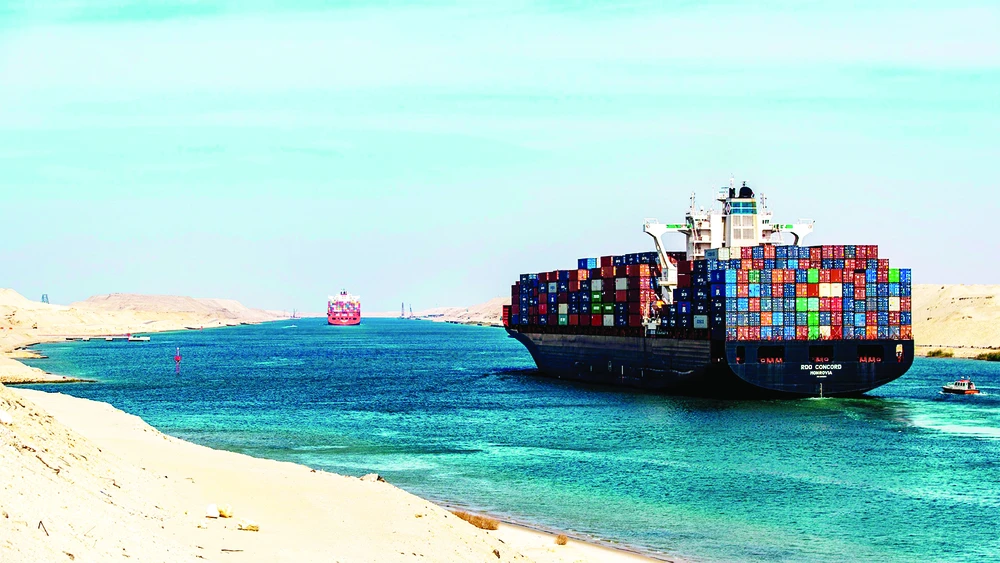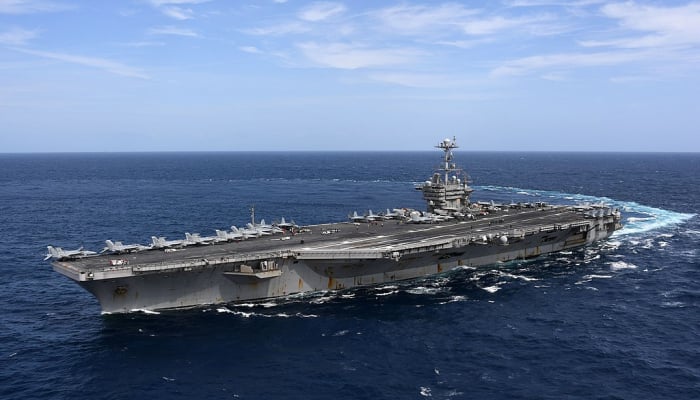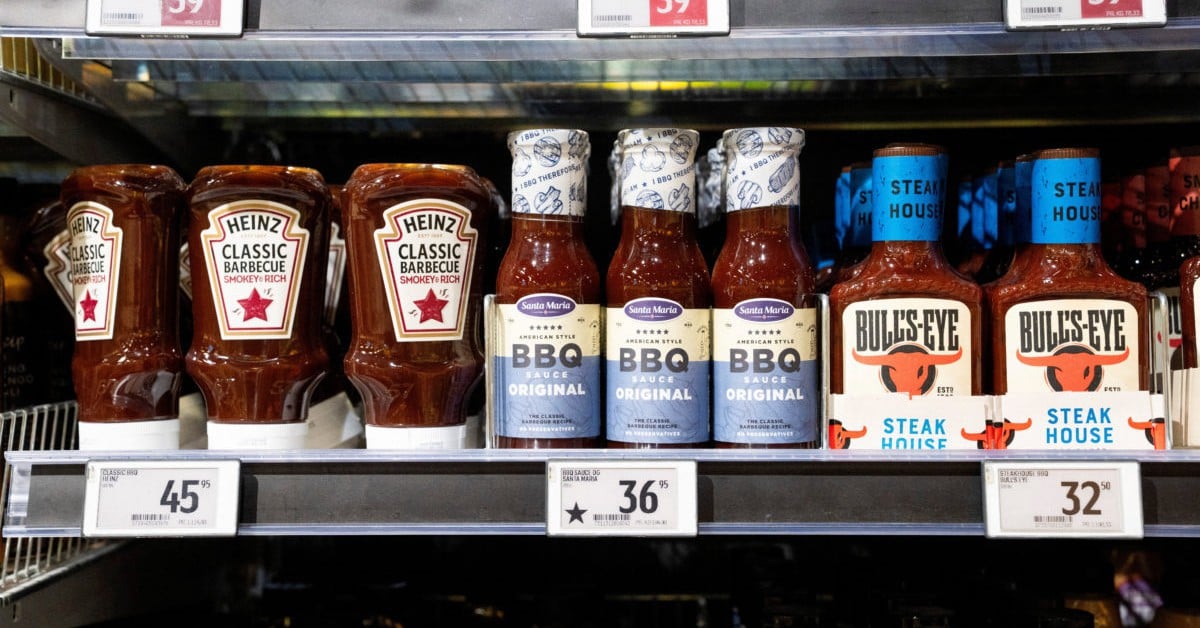According to the Suez Canal Authority (SCA), an increasing number of international shipping companies have sent notices to the agency about resuming transit through the Suez Canal and the Red Sea.

The Suez Canal accounts for about 12% of the world's maritime cargo volume, so its opening helps reduce concerns about the impact on global trade.
Some positive signs
Many shipping companies are avoiding the Red Sea, where Yemen-based Houthi rebels have attacked ships in support of Hamas in their war with Israel, threatening global trade. However, the SCA said shipping companies have confirmed that traffic through the Suez Canal, the shortest shipping route between Asia and Europe, has returned to normal. Companies that have announced the resumption of operations include Denmark’s Maersk, Taiwan’s Evergreen Group and France’s CMA CGM.
According to figures from Egypt’s Central Authority for Public Mobilization and Statistics (CAPMS), the total number of ships passing through the Suez Canal had increased significantly in recent months, until a number of attacks on vessels. The shipping industry in Denmark, home to some of the world’s largest companies, agreed to double the salaries of crews passing through the Red Sea to compensate for the danger posed by the attacks.
Under an agreement reached over the weekend between a group of shipping industry employers and Denmark's three largest labor unions, hazard pay will begin to apply to work in two high-risk areas: the Suez Canal and the Red Sea.
Denmark's AP Moller-Maersk A/S, the world's second-largest container shipping line, is among those preparing to resume shipping through the Red Sea. The Danish government said the Nordic country will send a warship to the Red Sea to join a U.S.-led international coalition to protect the security of the Red Sea and the Suez Canal. The frigate-class ship is expected to arrive in the region by the end of January 2024, according to a statement from the Ministry of Defense in Copenhagen.
Higher requirements
The US Department of Defense is trying to convince shipping companies that routes through the Red Sea and the Suez Canal remain safe despite the Houthi attacks. According to Bloomberg, the US-led maritime security coalition advises that larger vessels are at risk during the day. All drone and missile attacks are fired from Yemen during the day, so incidents are unlikely at night.
Still, most companies are taking a risk and are looking to rebuild their routes. Hapag-Lloyd is reviewing its decision several times a week; the agency’s crisis committee said the situation was “very dangerous.” MSC Mediterranean Shipping, which had a ship attacked off Yemen, said it would only resume transiting the Suez Canal and Red Sea when the situation allowed.
Itineraries diverted around Africa could take 25% longer than using the Suez Canal shortcut between Asia and Europe. If the longer journeys persist, consumers will face higher prices on everything from consumer goods to food and oil.
KHANH MINH compiled
Source



![[Photo] "Beauties" participate in the parade rehearsal at Bien Hoa airport](https://vstatic.vietnam.vn/vietnam/resource/IMAGE/2025/4/11/155502af3384431e918de0e2e585d13a)

![[Photo] Looking back at the impressive moments of the Vietnamese rescue team in Myanmar](https://vstatic.vietnam.vn/vietnam/resource/IMAGE/2025/4/11/5623ca902a934e19b604c718265249d0)


























![[Photo] Summary of parade practice in preparation for the April 30th celebration](https://vstatic.vietnam.vn/vietnam/resource/IMAGE/2025/4/11/78cfee0f2cc045b387ff1a4362b5950f)



























































Comment (0)